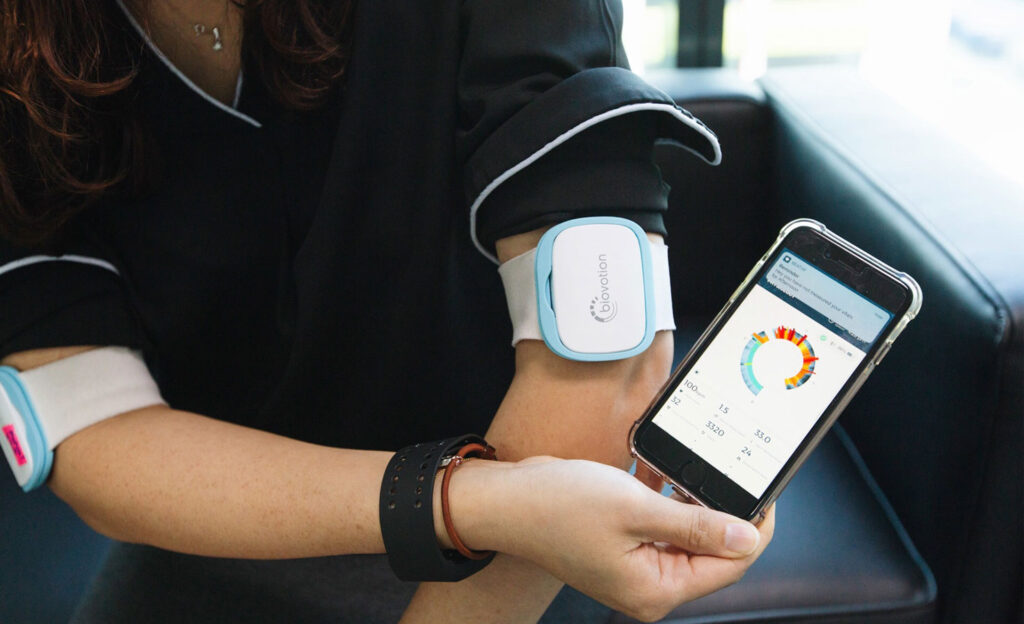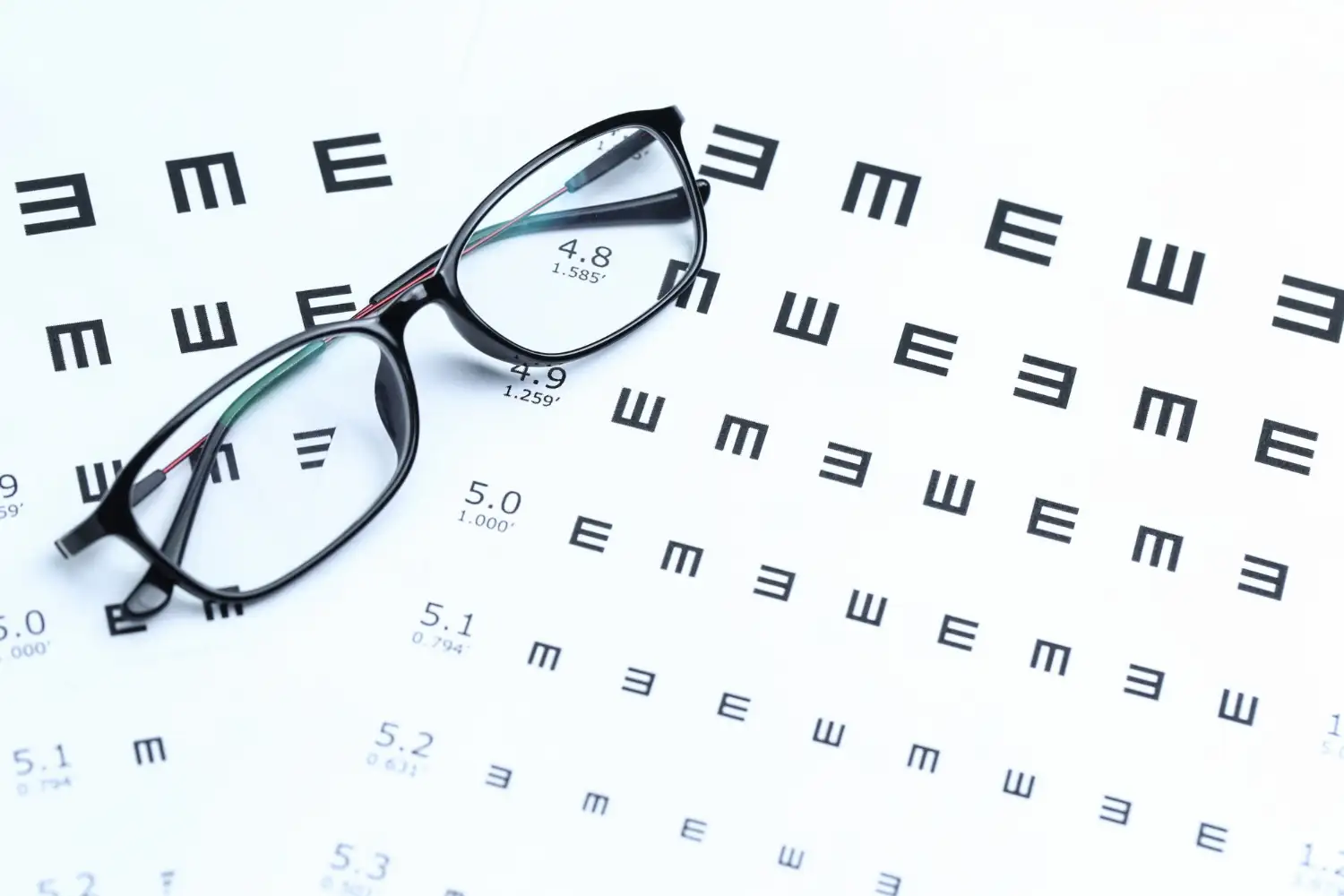The healthcare industry is undergoing a massive transformation, driven by companies that leverage technology and data-driven insights to improve patient care, streamline operations, and advance medical research. From AI-powered diagnostics to predictive analytics, these innovations are moving the industry forward and making healthcare more efficient, personalized, and accessible.
1. Artificial Intelligence (AI) and Machine Learning in Diagnostics
AI and machine learning are reshaping medical diagnostics, allowing for faster and more accurate disease detection. By analyzing large amounts of data, AI can recognize patterns that might be missed by human eyes.
- Example: IBM Watson Health
IBM Watson Health uses AI-powered analytics to assist doctors in diagnosing diseases like cancer, heart conditions, and rare disorders. By scanning thousands of medical journals and patient records, Watson helps physicians make more data-driven treatment decisions in a fraction of the time.
- Example: Google’s DeepMind
DeepMind, an AI division of Google, has developed AI models capable of diagnosing eye diseases from retinal scans with greater accuracy than human doctors. This technology is helping ophthalmologists detect vision-threatening conditions earlier, preventing blindness in many patients.
2. Wearable Technology and Remote Patient Monitoring
Wearable devices are empowering patients and doctors by tracking real-time health data, leading to early detection and preventive care.
- Example: Apple Watch & Fitbit
These devices continuously monitor heart rate, oxygen levels, and even detect irregularities like atrial fibrillation (AFib). Doctors can use this data to track patients’ health trends and intervene before major issues arise.
- Example: Biofourmis
Biofourmis is a company using AI-driven wearable technology to monitor post-surgery patients and those with chronic conditions. Their platform alerts doctors if a patient’s vitals indicate a potential problem, reducing hospital readmissions and emergency visits.

3. Big Data and Predictive Analytics in Healthcare
Hospitals, insurance companies, and pharmaceutical firms are using big data analytics to predict disease trends, improve treatments, and optimize hospital operations.
- Example: Kaiser Permanente
Kaiser Permanente leverages predictive analytics to identify high-risk patients for conditions like diabetes, stroke, and heart disease. Their system helps doctors provide proactive care, reducing hospitalizations and healthcare costs.
- Example: Optum (UnitedHealth Group)
Optum uses big data to analyze millions of medical records and predict disease outbreaks, medication side effects, and patient deterioration. This insight helps improve resource allocation and treatment strategies.
4. Telemedicine and Virtual Healthcare
Telemedicine has transformed how patients access healthcare, especially in rural areas and during emergencies.
- Example: Teladoc Health
Teladoc Health provides 24/7 virtual doctor visits, allowing patients to receive medical advice, prescriptions, and mental health support without leaving their homes. Telemedicine platforms have become critical for chronic disease management and mental health care.
- Example: Amwell
Amwell partners with major health systems to offer AI-driven virtual consultations, reducing wait times and enhancing patient convenience.

5. Blockchain for Data Security and Patient Privacy
With the rise of digital health records, blockchain technology is improving data security, patient privacy, and interoperability between hospitals.
- Example: Medicalchain
Medicalchain uses blockchain-based health records to give patients full control over their data while allowing doctors and insurers secure access when needed. This improves data security and reduces medical errors. - Example: IBM Blockchain in Healthcare
IBM’s blockchain technology enhances pharmaceutical supply chain security, reducing counterfeit drugs and improving medication safety.
Technology and data-driven insights are reshaping every aspect of healthcare, from diagnostics and patient monitoring to predictive analytics and telemedicine. Companies embracing AI, big data, wearables, and blockchain are leading the charge in making healthcare more efficient, personalized, and accessible.
As these innovations continue to evolve, the future of healthcare will be smarter, faster, and more patient-centered than ever before.


